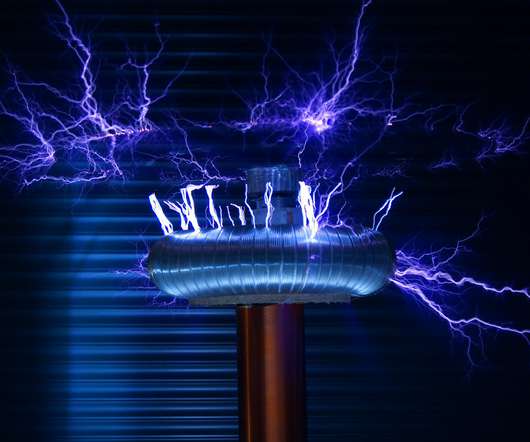Researchers develop cheaper, greener biofuels processing catalyst using waste metals and bacteria
Green Car Congress
AUGUST 25, 2017
A team from the Prairie Research Institute at the University of Illinois, with colleagues from the University of Birmingham and Aarhus University, have developed a nanosized bio-Pd/C catalyst for upgrading algal bio-oil. For the palladium to do its job, the bio-oil needs to flow past it during processing. —B.K.












Let's personalize your content